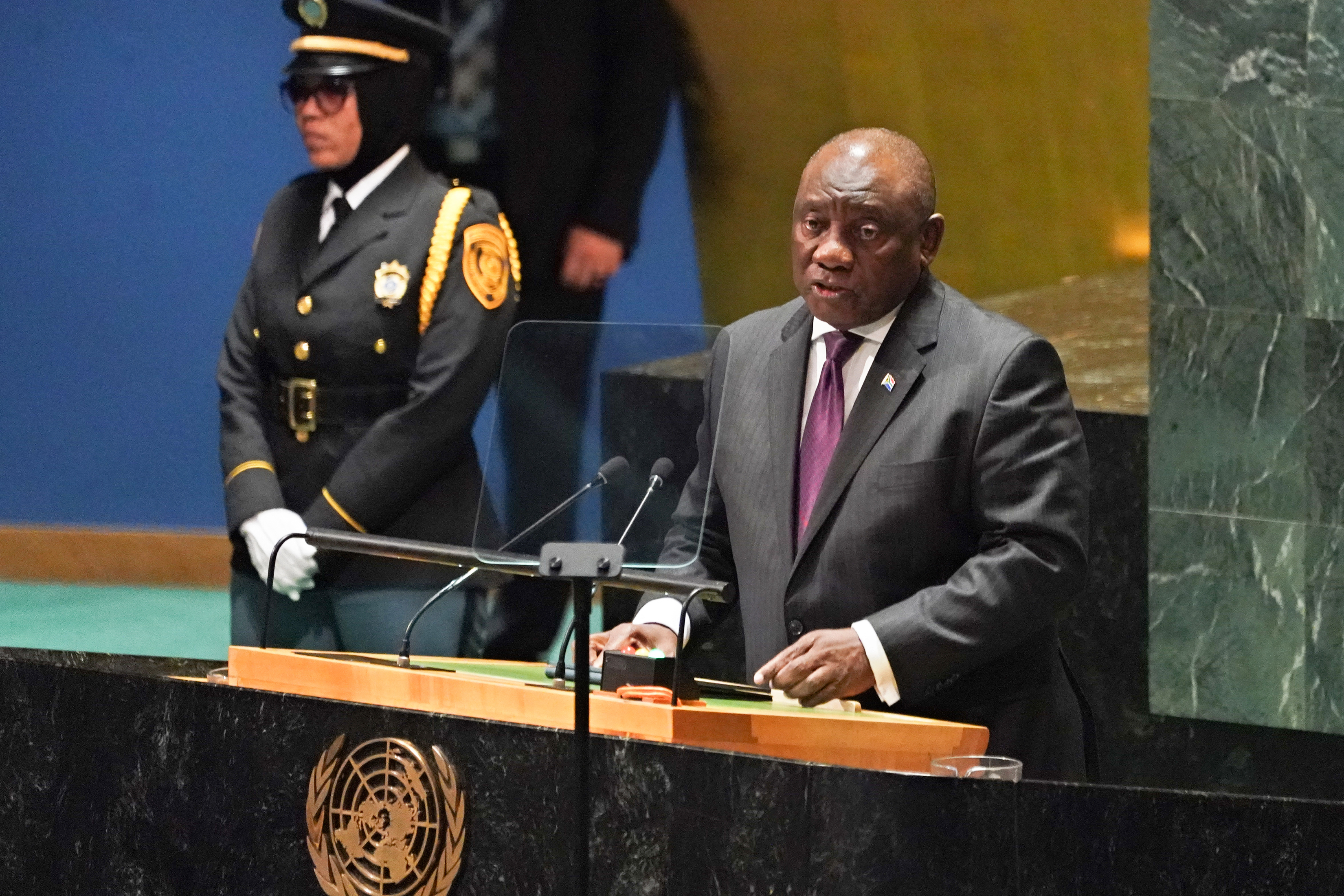
According to Lula, the BRICS was born in the wake of this “paralysis” and represents a strategic platform to promote cooperation among these countries. “The recent expansion of the group at the Johannesburg Summit strengthens the struggle for an order that takes into account the economic, geographical and political plurality of the 21st century,” he said.
“We are a force for fairer world trade in the context of a serious crisis of multilateralism,” he said of the addition of six new members to the group, which already includes Brazil, Russia, China, India and South Africa.


“We must immediately restructure institutions under the UN roof responsible for ensuring world peace, security, and welfare,” Erdogan said.
“We must build a global governance architecture that is capable of representing all origins, beliefs and cultures in the world,” he added, according to Anadolu Agency.
During his speech, Erdogan once again reiterated his oft-repeated slogan for UN reform, “The world is bigger than five,” referring to the unrepresentative nature of the UN Security Council’s five permanent, veto-wielding members.